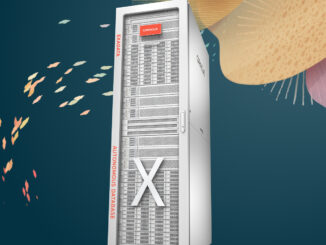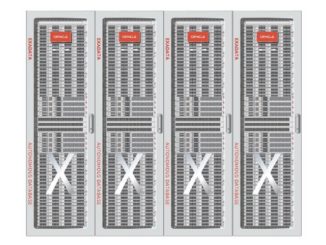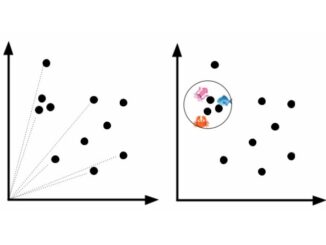
Why We Need A Data-Centric OS For AI
It is a pretty bold claim for anyone to call themselves the creator of the operating system for AI. …

It is a pretty bold claim for anyone to call themselves the creator of the operating system for AI. …

If you are going to be audacious enough to call the thing you are creating Universal Storage, then by definition it has to do everything – meaning support every kind of data format and access protocol, and do so with good performance on all fronts. …

Transaction processing against relational databases may not be the focus of the datacenter, as it was when IBM created the first relational database and Oracle was founded to compete against it in the late 1970s. …

The hyperscalers, cloud builders, HPC centers control the design and manufacturing of own AI infrastructure. …

Despite a slow start several years ago, Oracle has refashioned itself into a cloud builder, rapidly expanding its Oracle Cloud Infrastructure to make it among the top second-tier providers, although still well behind the likes of Amazon Web Services, Microsoft Azure, and Google Cloud. …

It’s a multi-cloud world and one with a cloud infrastructure services market that is dominated by three large players. …

Maybe, if you need blazing performance extracting data and chewing on it from a relational database, it belongs in a cloud. …

Ultimately, every problem in the constantly evolving IT software stack becomes a database problem, which is why there are 418 different databases and datastores in the DB Engines rankings and there are really only a handful of commercially viable operating systems. …

As we have noted before, vector databases aren’t new even though people talk about them that way, and in fact can trace their origins back a few decades. …

When it comes to funding rounds for high tech companies, the alphabet usually runs out somewhere around Series E. …
All Content Copyright The Next Platform